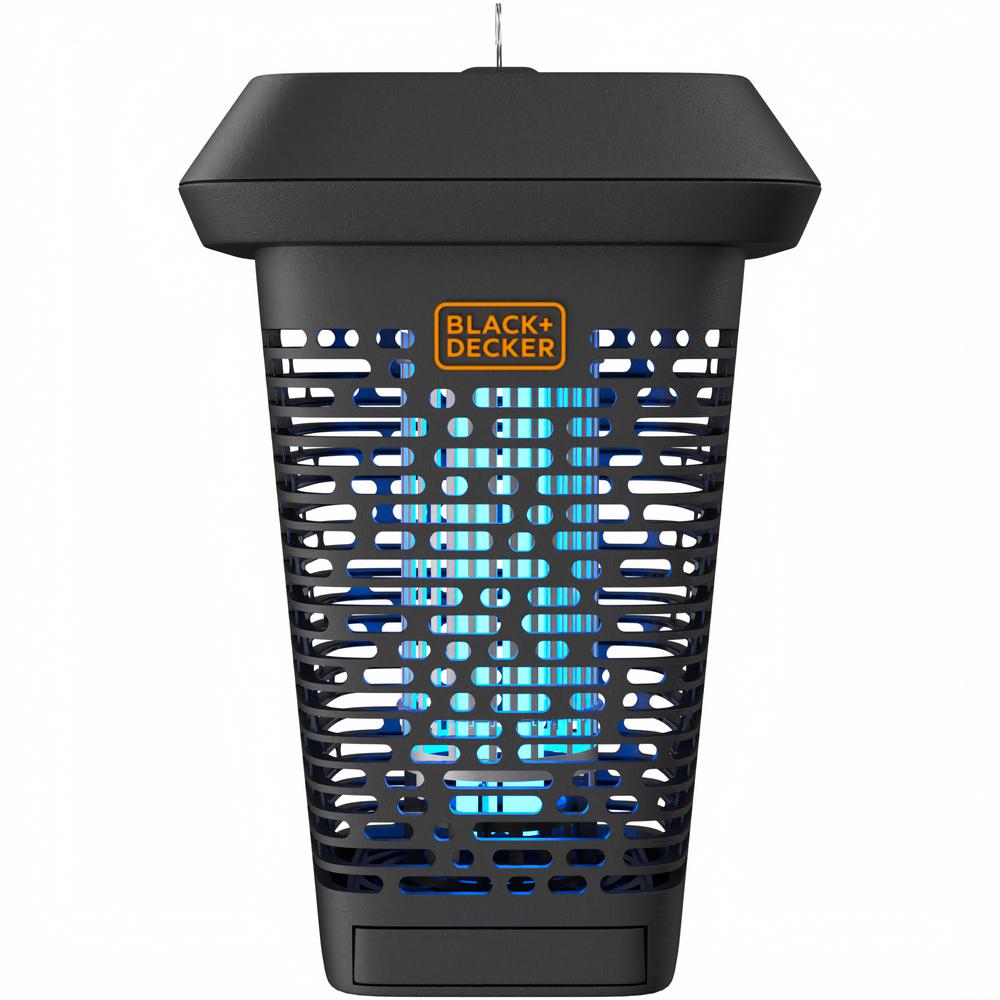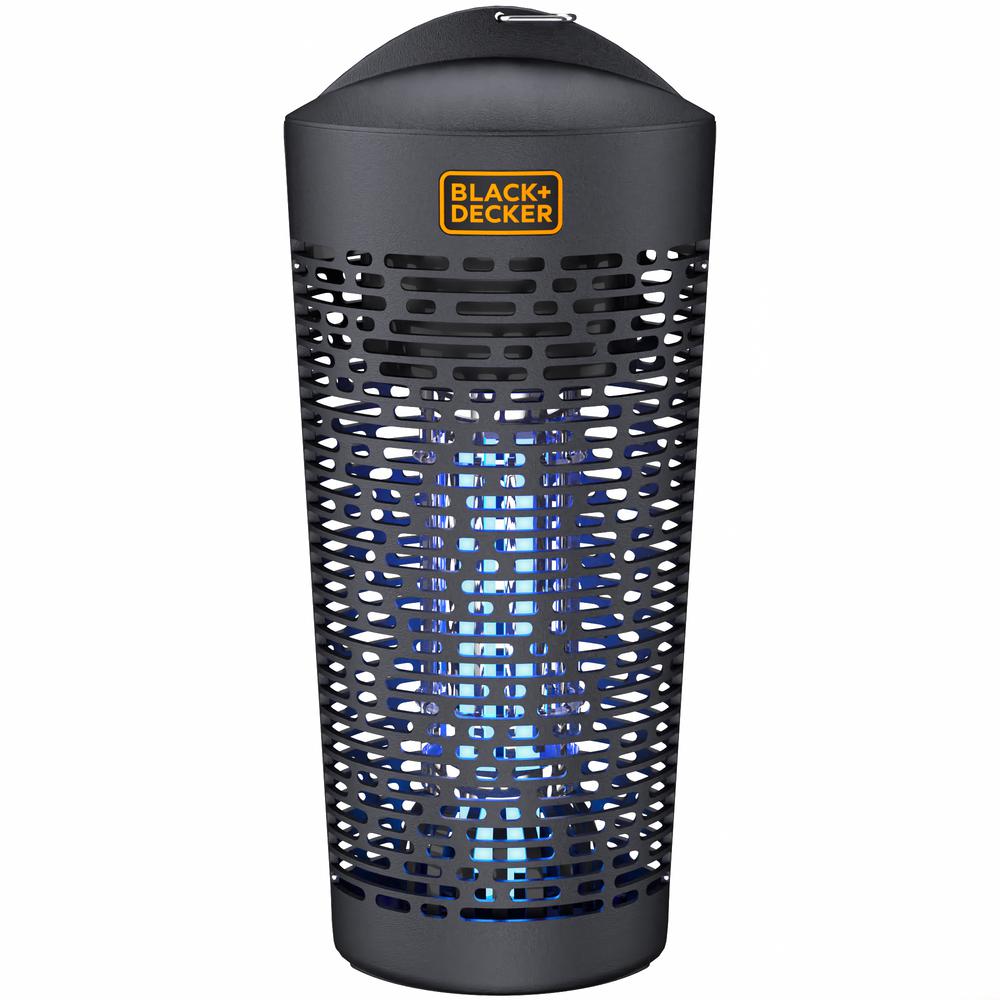They had collected and identified the kills from six bug zappers at various sites throughout suburban newark del during the summer of 1994.
Do electric bug zappers work during the day.
The main reason bug zappers don t work is that mosquitoes are extremely sensitive to carbon dioxide day said.
But during the day since it s bright out the light can t really attract anything because it s not all that visible.
Bug zappers attract insects using ultraviolet light.
In fact bug zappers actually make things worse by attracting.
The reason why people use bug zappers is because of the light.
The name zapper comes from the zapping sound that the device makes when electrocuting a bug.
Keep reading for our top tips and recommendation for selecting the best bug zapper for.
How bug zappers work bug zappers despite many improvements in safety and insect luring potential are basically the same as they were when first invented.
Technically it still does work during the day but it s not as effective.
The best bug zappers for indoors and out eliminate flying insects indoors or out with the right device.
The light fixture is surrounded by a mesh cage which is energized with a low voltage current.
Rain and thunderstorms birds that are finally coming back after a long winter and zap.
Bug zappers kill the wrong bugs photo.
At night the bugs are attracted to the light source and zap they re dead.
How do bug zappers work.
They see the uv light in your yard but once they pick up even the slightest trace.
Although bug zappers have been in use for decades studies have questioned their effectiveness.
Bug zappers will not control mosquitoes or other biting insects such as horseflies dogflies or deerflies says jonathan day phd associate professor of entomology in university of florida s institute of food and agricultural sciences.
Bug zappers don t work well during the day.
How bug zappers work.
Bug zappers use electricity to kill mosquitoes or other pests that fly through the electric grid inside the zapper.
That s right it s time to talk about bug zappers an invention that has come a long way since it was first patented in 1934.
They simply do not work as advertised.
In 1996 university of delaware researchers timothy frick and douglas tallamy published a study in the journal entomological news.
The sounds of spring.
Bug zappers work by emitting a uv light that attracts bugs to the center of the device where they re electrocuted usually between two metal.
Hoofiablog click to tweet these small bugs get electrocuted while they touch the electrical wire of the grid.










